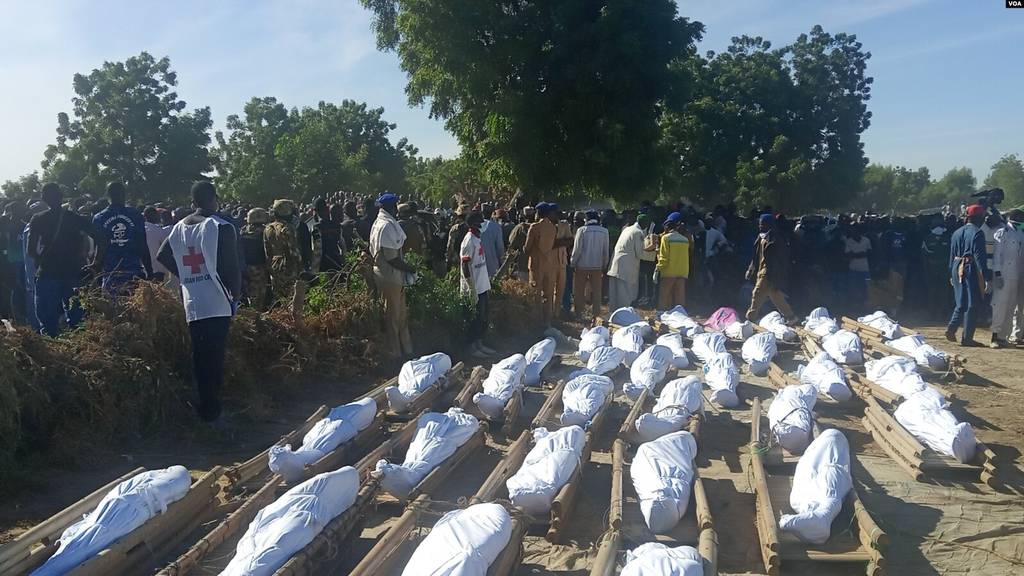The recent escalation of violence in the central Nigerian state of Plateau has brought about a devastating death toll, reaching 113 individuals, according to a local official's report on Monday. Plateau, marked by frequent clashes between herders and farmers, is grappling with the aftermath of what is now deemed the most severe outbreak of violence since May, when over 100 lives were lost in conflicts between these two groups.
On Sunday, the Nigerian army, as conveyed by AFP News Agency, disclosed that 16 individuals fell victim to the latest series of attacks. Shedding more light on the grim situation, Monday Kassah, the acting chairman of Bokkos Local Government Area in Plateau State, verified that the coordinated assaults unfolded on Saturday and Sunday, impacting at least 20 different communities.
While Kassah refrained from explicitly identifying the assailants, he emphasized the meticulous coordination evident in the attacks, resulting in the recovery of over 300 injured individuals. He noted that swift measures were taken to transport the injured to hospitals for urgent medical attention. Notably, attempts to obtain comments from a Plateau police spokesperson proved unsuccessful.
Plateau, situated in the heart of Nigeria's Middle Belt, stands as a microcosm of ethnic and religious diversity. Unfortunately, it has become a recurring epicenter for inter-communal conflicts, claiming hundreds of lives over recent years. The prevailing narrative often frames these conflicts as ethno-religious strife, with tensions between Muslim herders and predominantly Christian farmers taking center stage. However, beneath the surface, broader issues contribute to the complex landscape of violence in the region.
Beyond the immediate interplay of religious and ethnic differences, factors such as climate change and the expansion of agriculture loom large in understanding the root causes of these conflicts. The changing climate exerts pressure on resources, exacerbating competition for land and water between herders and farmers. As agricultural practices expand, encroaching upon traditional herding routes, longstanding tensions find renewed fuel. Thus, the clashes become not only a manifestation of religious and ethnic tensions but also a consequence of environmental and economic shifts.
The tragic events unfolding in Plateau underscore the multifaceted nature of conflicts in Nigeria's Middle Belt. The need for a comprehensive approach that addresses the intertwined issues of religion, ethnicity, climate change, and agricultural expansion is evident. As the region grapples with the immediate aftermath of these attacks, a broader conversation on sustainable coexistence and resource management becomes imperative to break the cycle of violence and foster long-term stability.




No comments yet
Be the first to share your thoughts!